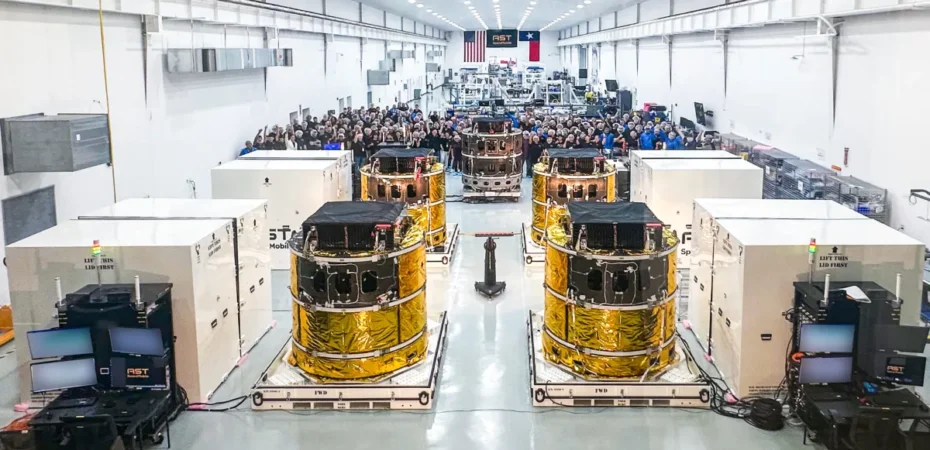AST SpaceMobile, a Texas-based company, received conditional approval to deploy and operate its first five direct-to-smartphone satellites later this month. Joining the ranks of SpaceX, who like AST SpaceMobile is undergoing tests after launching more than 100 direct-to-smartphone satellites as part of its sprawling Starlink broadband constellation, AST SpaceMobile has been awaiting FCC approval to connect devices in cellular blackspots across the United States on a commercial basis. AST SpaceMobile has received investment from and plan to use cellular frequencies from AT&T and Verizon. AST SpaceMobile has also reached agreements with over 45 mobile network operators who collectively represent 2.8 billion existing subscribers.
Detractors to direct-to-smartphone services focus on warnings against increased light pollution from space and interference with existing terrestrial networks. There may also be serious questions regarding cybersecurity as well. AST SpaceMobile is just one in a growling list of new companies looking to compete with SpaceX after StarLink’s major success. In order to become competitive, they need to work fast. Unfortunately, working fast often entails tough decisions regarding resource allocation. Cybersecurity cannot be one of them. Apart from general denial of service, direct-to-smartphone will give a potential threat actor instant access to billions of smartphones. That access could be used to steal personal sensitive data or act as a springboard to spread to an even wider target.
Generally speaking, distributed services offer a simple but effective means to counter cybersecurity threats; an attack on one provider doesn’t render the entire user-base inoperable. That being said, we as a consumer-base must be wary when relying on small companies entering emerging markets at breakneck speed. In only seven years, AST SpaceMobile has gone from the drawing board to being weeks away from launching their third generation, 1500 kg BlueWalker-3 spacecraft. It remains to be seen how much of that development time has been focused on developing and incorporating robust cybersecurity mitigations.
Source: AST SpaceMobile cleared to operate BlueBird direct-to-smartphone satellites
